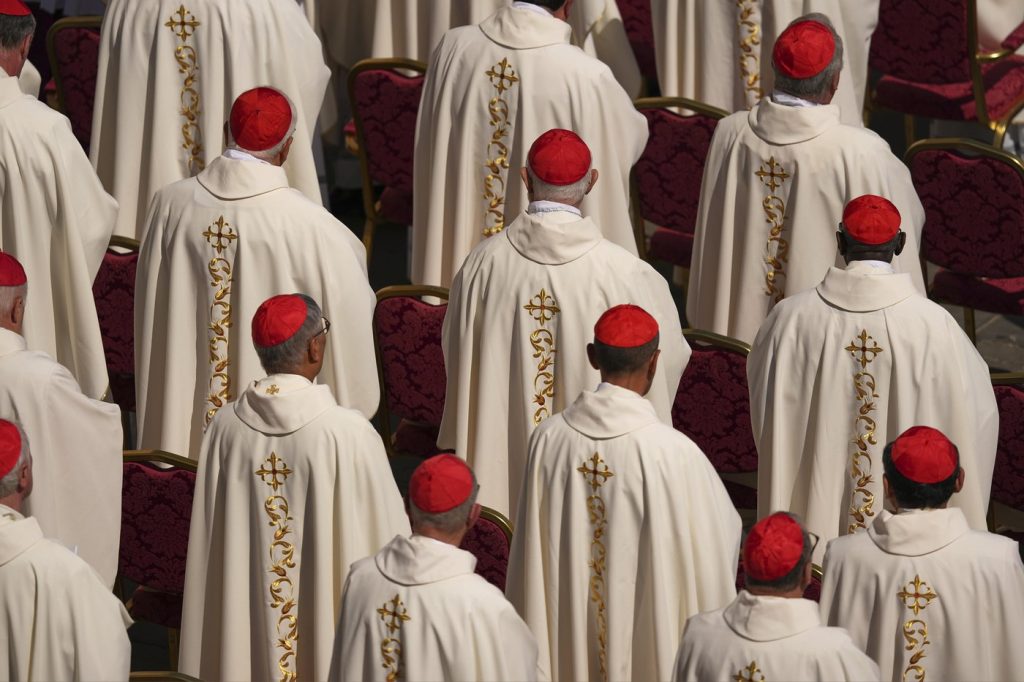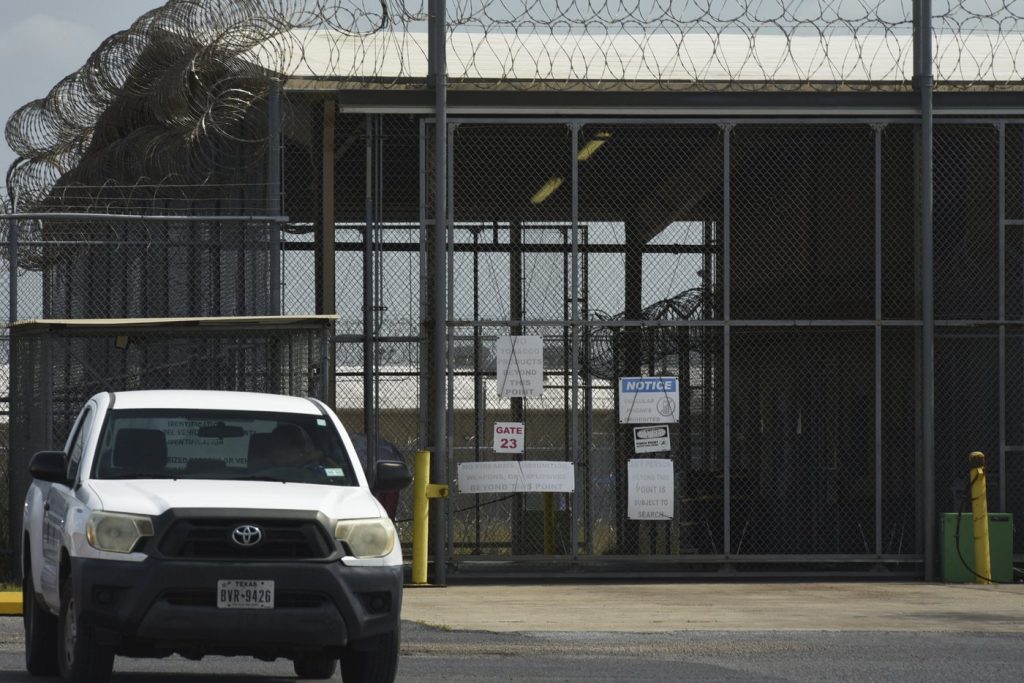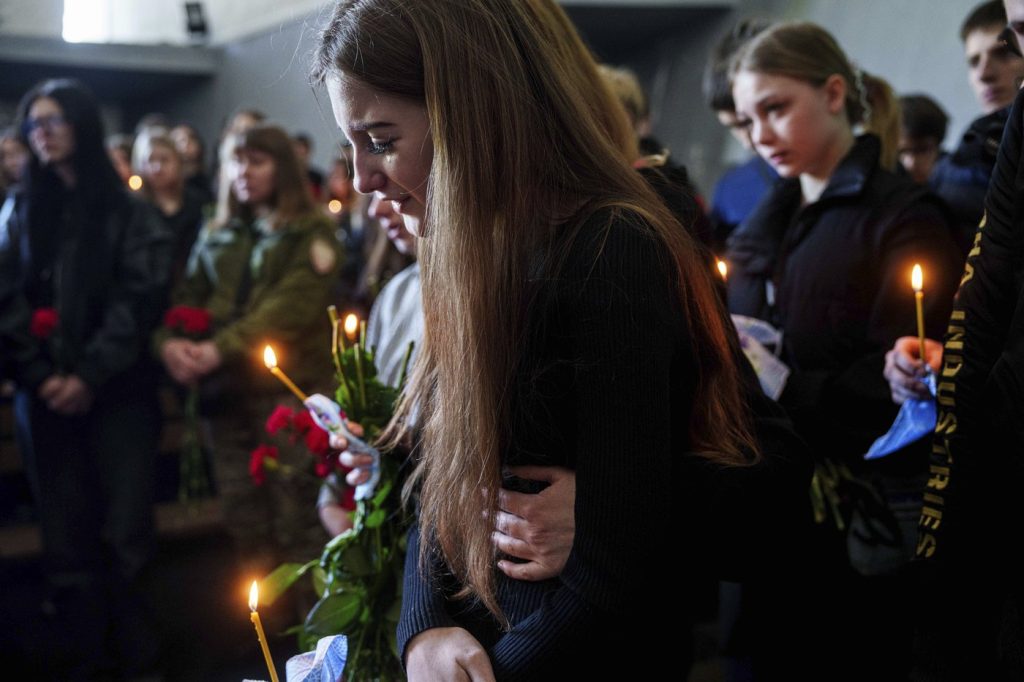A call has been made for a new holy man to lead the 1.4 billion-strong Catholic Church, specifically in Vatican City. Following the death of Pope Francis, the first pontiff from Latin America, the cardinals are set to enter the Sistine Chapel on May 7 to select a successor. Although there are currently no official candidates for the papacy, several cardinals are deemed “papabile,” meaning they possess the qualities necessary to become pope.
The contenders come from diverse backgrounds, reflecting a broadening field since St. John Paul II broke the long-standing Italian dominance of the papacy in 1978. Key factors influencing the decision will include the candidates' holiness, administrative capabilities, and pastoral experience, as well as how they align with the needs of the Church in today's world.
One notable contender is Cardinal Pietro Parolin, born on January 17, 1955, in Italy. Parolin, 70, currently serves as the Vatican Secretary of State, essentially acting as the Holy See's prime minister. He has extensive experience as a Vatican diplomat and was instrumental in overseeing the controversial deal with China regarding bishop nominations. While he is highly regarded for his diplomatic skills, he lacks significant pastoral experience, having spent most of his career in the Vatican’s diplomatic service.
Another strong candidate is Cardinal Luis Antonio Tagle, born on June 21, 1957, in the Philippines. The 67-year-old former archbishop of Manila currently serves as the Pro-Prefect of the Dicastery for Evangelization. Tagle is considered a strong contender for being the first Asian pope, given the Church's growth in Asia. He is known for his effective communication skills but faced management challenges during his tenure at Caritas Internationalis.
Cardinal Fridolin Ambongo Besungu, born on January 24, 1960, in Congo, represents African Catholicism's aspirations, leading the archdiocese of Kinshasa. At 65, Ambongo is one of Africa's most outspoken religious leaders and has garnered respect for his advocacy for social justice. He has criticized both the government's actions in Congo and international exploitation of the country’s resources, positioning himself as a champion for the marginalized.
Italian Cardinal Matteo Zuppi, born on October 11, 1955, is the Archbishop of Bologna and president of the Italian bishops' conference. At 69, he aligns with Pope Francis's mission of ministering to those on the margins. Zuppi has experience in interfaith dialogue and was recently appointed as a peace envoy regarding Ukraine. His progressive views could attract attention, though some cardinals may prefer a more traditional candidate.
Finally, Cardinal Péter Erdo, born on June 25, 1952, in Hungary, serves as the Archbishop of Esztergom-Budapest. At 72, Erdo embodies conservative Catholicism and possesses strong theological credentials, having participated in multiple conclaves. He advocates for traditional family structures and has maintained a cautious approach regarding Hungary's political controversies.
The potential candidates each bring unique backgrounds and perspectives to the table, illustrating the diversity within the Catholic Church today. As the cardinals prepare for the conclave, the decision will undoubtedly reflect the complex dynamics and evolving needs of one of the world's largest religious institutions.












